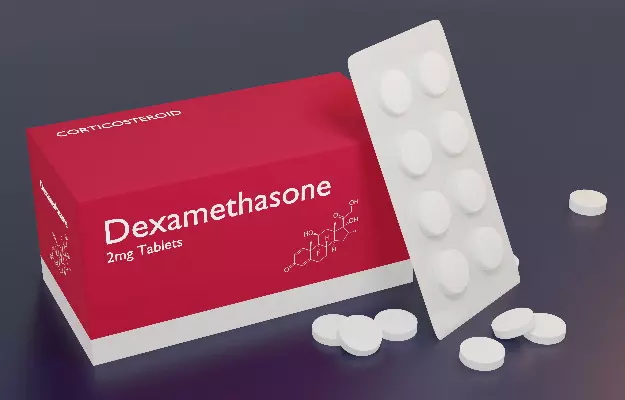As the COVID-19 death toll neared the 800,000-mark on Saturday, 22 August, scientists and medical experts continue to research and find the best possible treatment options to prevent more deaths from severe symptoms of the deadly disease that has infected close to 23 million people globally.
It was as far back as June 2020 when a study looking into the treatment of hospitalised and severely COVID-19 patients with the use of steroids was deemed to be surprisingly effective.
And now, a new study on the efficacy of common corticosteroids such as dexamethasone on COVID-19 patients with severe ARDS (acute respiratory distress syndrome) on ventilator support has suggested that an earlier intervention could have been able to save many lives.
The new study, published in July 2020 in the journal Expert Review of Respiratory Medicine, also shed light on the delay in the use of corticosteroids to treat severely ill COVID-19 patients because of a World Health Organization (WHO) directive early in the pandemic, that did not recommend the use of steroids as it could delay the clearance of the new coronavirus infection from the body.
Read more: What is viral load
However, research led by scientists at the University of Huddersfield by April 2020 indicated that the mortality rate among patients who died in the steroid group (28%) was significantly lower than those who were not treated with corticosteroids (69%).
The WHO recommendation was in stark contrast to many government health bodies such as the National Institute of Health (NIH), as well as similar bodies in China as well.
Many countries, as a result, did not begin using corticosteroids to treat patients with COVID-19 until much later, including the United Kingdom. It was only after the Recovery Trial, performed in collaboration with the University of Oxford in the UK that showed the benefits of treating COVID-19 that made the country change their treatment methods in the month of June.
























